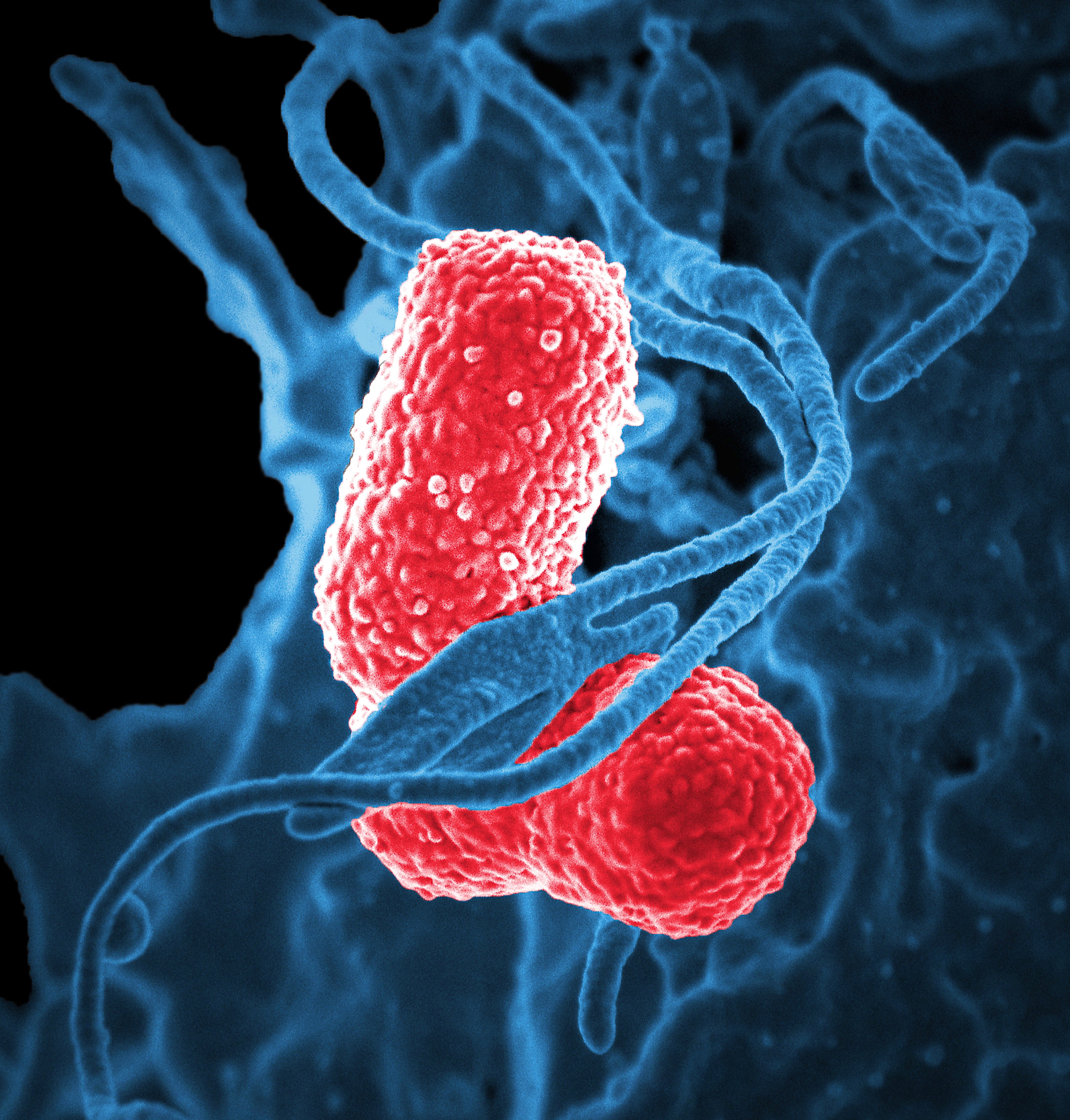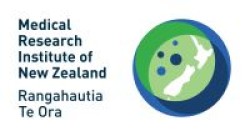The Randomised Embedded Multifactorial Adaptive Platform trial for Community-Acquired Pneumonia (REMAP-CAP; ClinicalTrials.gov NCT02735707) was established following the 2009-10 H1N1 influenza pandemic during which no significant therapeutic trials were able to be conducted.
We recruited our first COVID-19 patient to REMAP-CAP before the WHO declared a pandemic and we have subsequently recruited over 10,000 participants from 15 countries, generating practice-changing evidence that has been incorporated into local and international guidelines to improve the management of patients with COVID-19.
The platform has strong leadership from Aotearoa New Zealand with six members in the International Trial Steering Committee. Despite relatively low absolute numbers of patients with severe COVID-19, Aotearoa recruitment per capita is second only to the United Kingdom. 110/453 (24%) participants in REMAP-CAP in Aotearoa are Māori and 66/453 (15%) are Pacific Peoples.
REMAP-CAP is well-placed to continue to provide evidence to inform national and international management of severe respiratory tract infections, in particular influenza, and to provide career development opportunities for Aotearoa New Zealand researchers.
Moving forward, we propose an innovative approach to clinical research that identifies effective treatment for patients hospitalised with severe influenza. Influenza is an infectious disease threat that is current, ongoing and, when the next influenza pandemic occurs, will be emerging. REMAP-CAP identifies the key clinical questions that end-users want answered and uses a novel approach to evaluating treatments by answering multiple research questions simultaneously.
- Do corticosteroids, effective in severe COVID-19 and possibly in severe non-influenza CAP, improve outcomes in severe influenza?
- Do immunomodulatory agents, effective in severe COVID-19, improve outcomes in severe influenza?
- Does antiviral therapy, including combination antiviral therapy, improve outcomes in severe influenza?
We will expand to recruit patients outside of critical care units, on hospital wards, enabling the expertise, experience, and systems established within the ICU research network to enhance capacity for adaptive platform trials within the wider medical community.
>> PROJECT STARTED - 1st December 2023
read more









